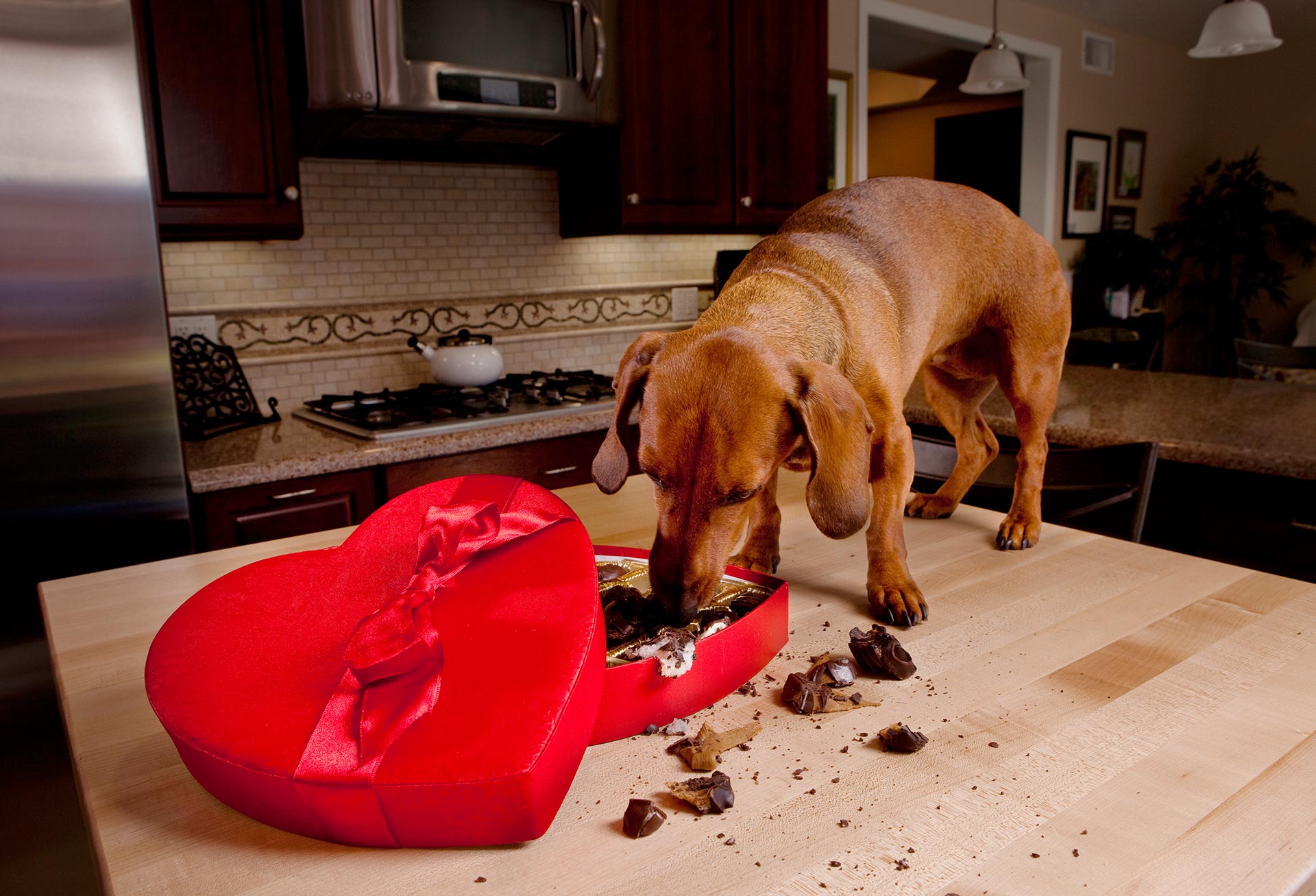With Christmas can introduce a whole suite of new hazards and strange routines. Here are some tips to ensure your pet remains happy and healthy throughout the holiday period.
Decorate with pets in mind
- Christmas Trees. Christmas trees can topple over and take your cat or dog with it. Make sure your Christmas tree is secured to a stand or weighted appropriately to stop it falling. If you are watering your tree with treated water, be careful not to let your pets drink from it.
- Tinsel and Ribbon. It’s hard to keep a cat away from dangling tinsel or ribbon. However, they can easily lodge in your pet’s stomach or intestines, causing serious damage that often requires surgery. Don’t tie ribbon or tinsel on your pets as a “collar” or “bow” as they are choking hazards.
- Christmas Ornaments. As a rule of thumb, if an ornament is safe for a small child to handle, it should be safe for your pet too. Avoid ornaments with pins, hooks or glittery surfaces. If you have low-hanging ornaments that your cat is likely to swat or your dog is likely to chew, make sure they are made from a safe material.
- Power cords and Christmas lights.A playful puppy or a curious kitten can chew right through to the wires of electrical cords within minutes. To avoid your pets getting injured, keep cords tidy and out of sight from your pets. Most hardware stores sell cord tidies to help with this.
Keep the feast for the family
While it is nice to include our pets in family occasions, be careful not to feed your pet leftovers from Christmas lunch or dinner. The following food and drinks are toxic to pets, the fat trimmed from meat, both cooked and uncooked, cooked bones, chocolate, Christmas pudding, raisins, grapes, sultanas and currants, macadamia nuts, uncooked potatoes, onion, leeks, unbaked dough, tea, coffee and alcohol.
Avoid Christmas Lilies, holly and mistletoe
While gorgeous to look at, all lilies (and lily water) are toxic to cats, causing kidney failure and even death. Other Christmas plants like mistletoe and holly can cause vomiting and diarrhoea. Christmas lilies are not dangerous to dogs, but watch for other plants such as azaleas and rhododendrons.
Wrap gifts wisely
Dogs and cats are notorious for ripping open presents well before Christmas day. This can be not only frustrating for pet owners, it can be dangerous to pets, exposing them to substances and food that is harmful to them. If your pets are likely to get to the gifts, perhaps leave them out on Christmas Eve instead of days or weeks before.
Maintain your pet’s routine
For our pets, Christmas guests and new schedules can be upheaval. Cats naturally like routine and predictability, so if you are entertaining, create a safe space away from the guests for your cat to go. If your dog is used to being walked each day, try to keep this routine over the festive season. Minimal disruption to your pet’s routine will keep them happy and healthy.
Be Careful with Candles
Even in the throes of summer it can be fun and Christmassy to light candles. Just be sure you stay vigilant around lit candles to ensure your pet doesn’t burn him or herself, or the house!
Keep Your vet’s phone number handy
Our opening hours may change over the Christmas period. Be sure to have our phone number and an after-hours emergency number handy.

